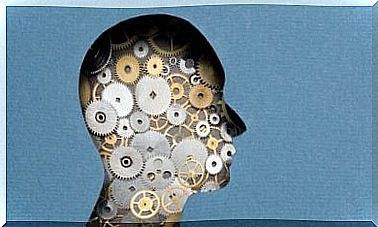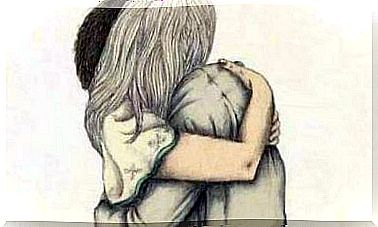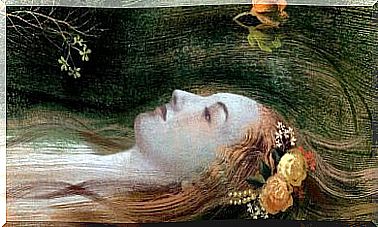Bruxism: Causes, Symptoms And Treatment
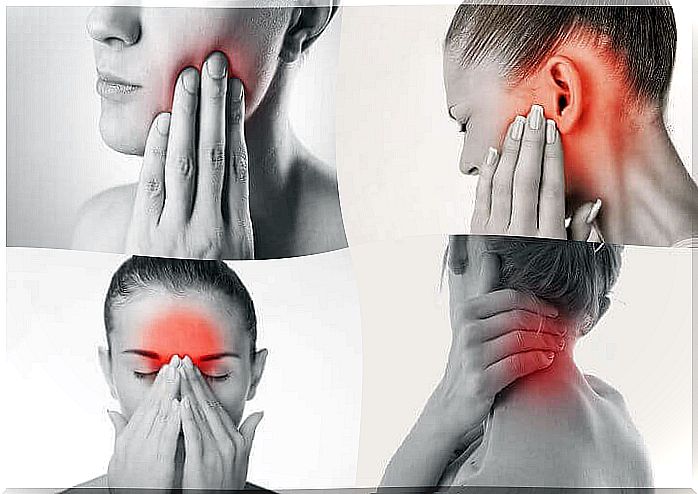
Bruxism is a dental problem whose consequences can be very negative for our mind and our health. It consists in tightly clenching the teeth, upper and lower, and making them grind, rubbing them forward, one on top of the other.
This problem is usually an unconscious action, so prevention or intervention is very complicated. Bruxism can occur during the day or at night, although the problem becomes worse during sleep, as it is more difficult to control.
Scholars disagree about the cause of bruxism, but it seems that for many people, the psychological trigger may be daily stress.
Bruxism affects men and women equally. Its prevalence decreases with age, 14% of children have it compared to 12% of adolescents and only 8% of adults. It should be borne in mind that early diagnosis is essential to avoid dental health and sleep quality problems.
Causes and symptoms of bruxism
Waking up with sore facial muscles or a severe headache is one of the most common symptoms of bruxism. In fact, it causes toothaches and can even weaken them to the point of pulverization or disintegration. It also destroys the bone that supports the tooth and causes joint problems, such as temporomandibular joint syndrome.
Those who suffer from it rarely notice that they are grinding their teeth, nor do they perceive the symptoms, because in most cases it all happens unconsciously during sleep. Only when the grinding of the teeth exceeds a certain point can tension or hardening of the facial muscles appear.
Sometimes the teeth, jaw joints, face, temples and ears hurt. In certain cases, pain can occur throughout the head. If the grinding of the teeth is prolonged over time, the tensions extend to the nape of the neck and shoulders.
The exact causes of bruxism have not yet been established. However, several factors have been identified that affect its occurrence:
- Stress and anxiety.
- Waking up during light sleep, the most important expression of the disorder.
- Sleeping on your stomach.
- Diet.
- Habits to help you sleep.
- Inadequate alignment of the teeth.
Treatment of bruxism
Appropriate treatment is related to the cause of bruxism, as it is about getting to the root of the problem, not just reducing the symptoms.
Relaxation techniques can be of great help in this regard, as stress appears to be the main cause of bruxism. Any initiatives that effectively reduce stress can help, such as listening to music, reading or walking.
For cases where the key factor is a psychological disorder, such as anxiety, it is recommended to learn complementary relaxation and physiotherapy techniques, while treating acute pain phases with anti-inflammatory and muscle relaxants instead.
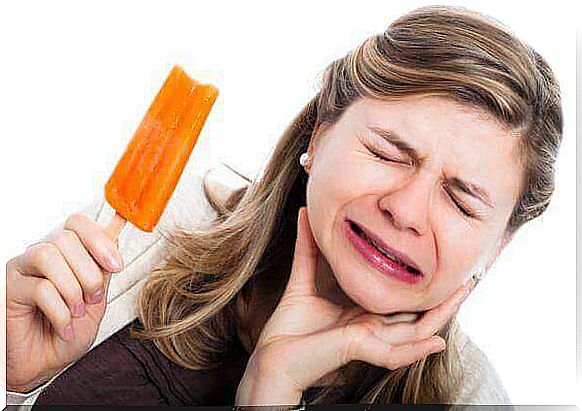
Psychological therapy reduces episodes of bruxism, as the patient learns to self-regulate and self-control. The actions taken to reduce anxiety allow modulating the influence exerted by the hypothalamus and the limbic system on the regulation of muscle tone.
Treatment of bruxism aims to verify the cause of the problem to reduce symptoms and preserve the teeth. In the presence of a disorder, the patient can be referred by a specialist: otolaryngologist, sleep doctor, physiotherapist or psychologist.

